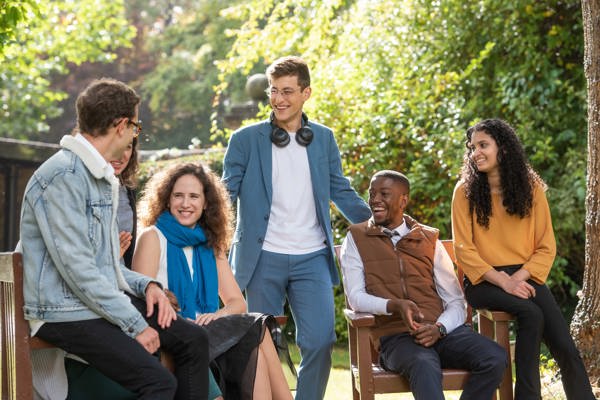The first Rhodes Scholarships were for those from the countries specified in Cecil Rhodes’s will of 1902: the United States, Canada, Australia, South Africa, what was then Rhodesia (now Zimbabwe and Zambia), New Zealand, Bermuda and Jamaica, and Germany. In all, there were to be 57 Rhodes Scholars selected each year and that allocation remained broadly the same until after the Second World War.
The Rhodes Scholarship ‘constituencies’ (countries, groups of countries and/or territories, regions or states, grouped together for the purposes of administering the Scholarships) began to grow when, in 1947, the first Rhodes Scholars from India took up residence in Oxford, with the first Rhodes Scholars from Pakistan arriving in 1951. Since then, the geographic reach and diversity of the Scholarships has gradually expanded. Today, the Scholarship has 25 constituencies, including a Global selection for those candidates not eligible in a specific geography, making the Rhodes Scholarship truly worldwide. Over 100 Rhodes Scholars are selected each year. You can see the full list of constituencies here.
The Rhodes Trust is now raising funds to provide additional fully endowed Rhodes Scholarships, with a particular focus on adding Scholarships for Africa, India and China.


